Publications
Articles, publications, books, tools and multimedia features from the U.S. Institute of Peace provide the latest news, analysis, research findings, practitioner guides and reports, all related to the conflict zones and issues that are at the center of the Institute’s work to prevent and reduce violent conflict.
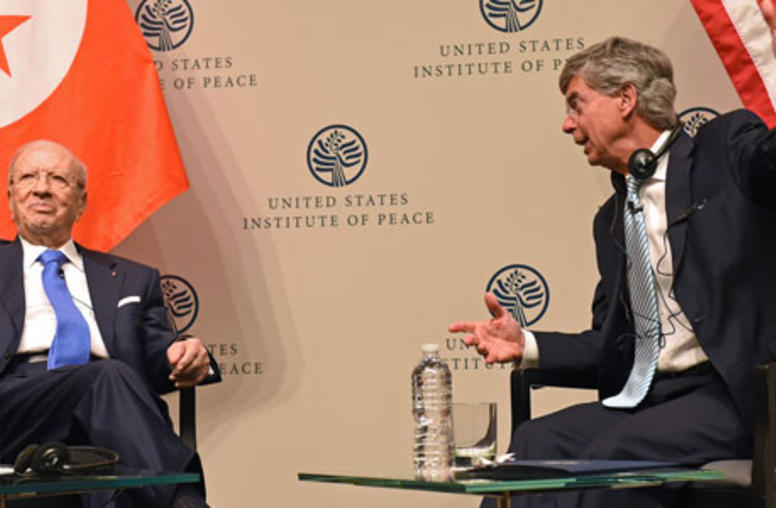
Tunisian President: U.S. Is Key to Arab Political Futures
With only Tunisia evolving peacefully toward democracy from the Arab Spring movement of 2011, a broader democratization in the Arab world depends on continued U.S. engagement in the Middle East, Tunisian President Beji Caid Essebsi told a May 20 public forum at the U.S. Institute of Peace.
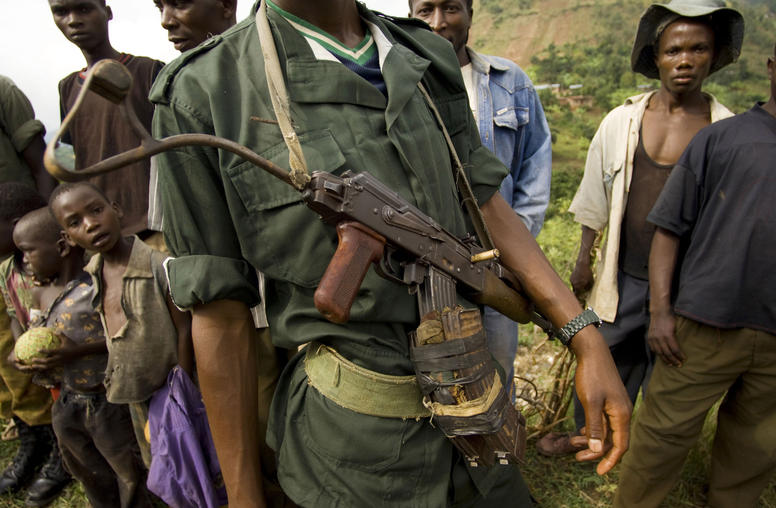
Burundi Unrest Evokes Hurdles for U.S. in Preventing Threats
The attempted coup in the tiny African country of Burundi, after weeks of unrest that has killed more than 20 people, provided immediate examples of quandaries for peacebuilding during a discussion at USIP this week: how U.S. diplomacy can emphasize prevention to counter threats, and how best to support young people to deter dangerous forms of extremism.
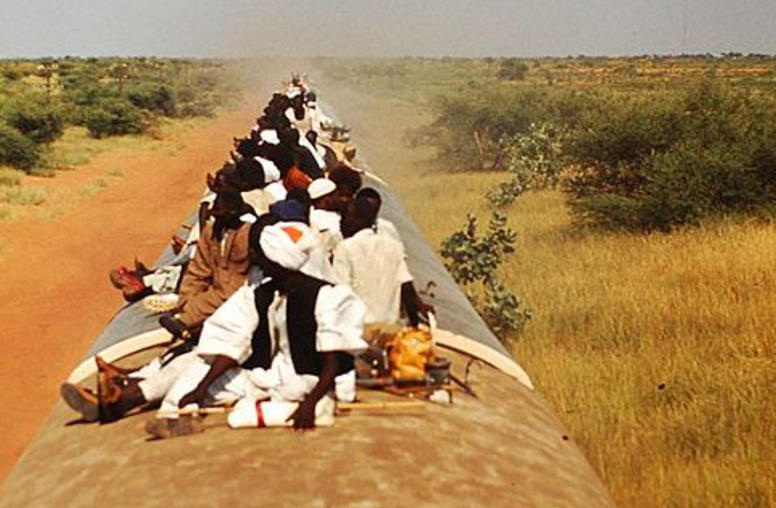
Radio Days in South Sudan
To reach people in a conflict, sometimes low-tech is the best tech.
Twitter Chat: Libyans Discuss Solutions to Security, Justice Breakdown
Security naturally takes top priority for Libyan citizens these days amid renewed violent conflict, but nationwide political rifts also are causing local civic institutions to break down, said Libyan activists, journalists and analysts during a May 4 online discussion organized by USIP.
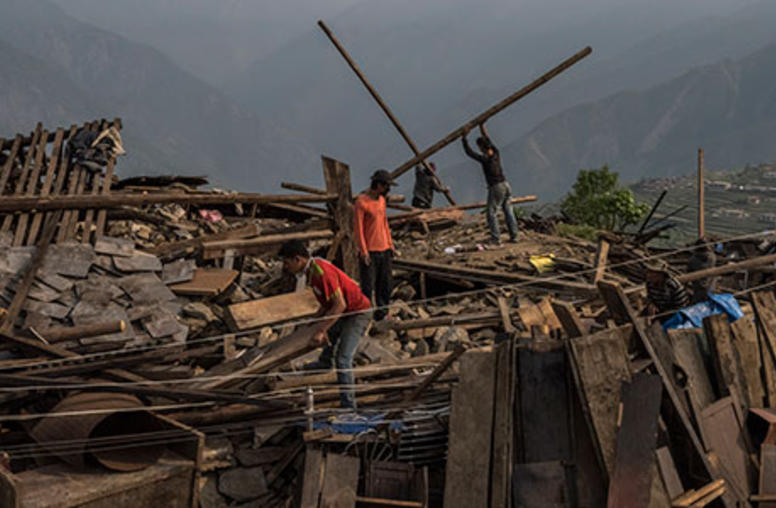
Rebuilding Nepal, from the Government Up
The 7.8 magnitude earthquake that wreaked havoc in Kathmandu has opened up an opportunity for the reform the country so desperately needs.
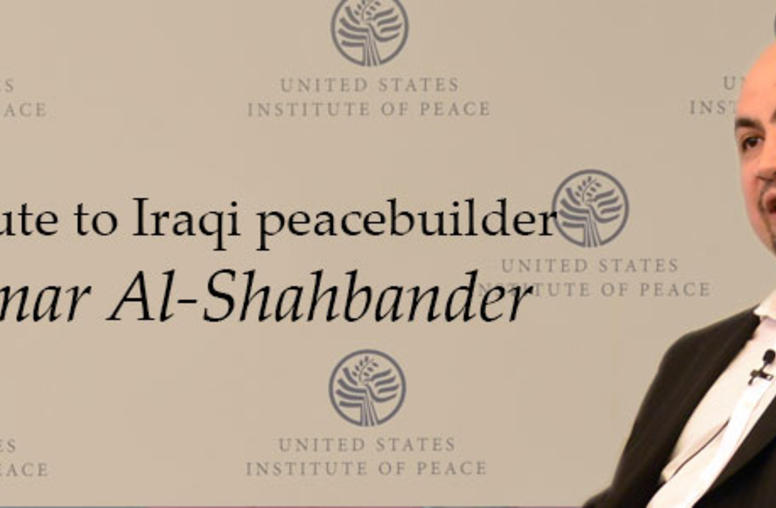
Tribute to Iraqi Peacebuilder Ammar Al-Shahbander
USIP joins the many other organizations, friends and family honoring the life of Ammar al-Shahbander, the Iraq chief of mission for the Institute for War & Peace Reporting (IWPR), who died May 2 in Baghdad as a result of a car bomb attack. A number of USIP staff worked with Ammar to advance his country’s search for peace and security.
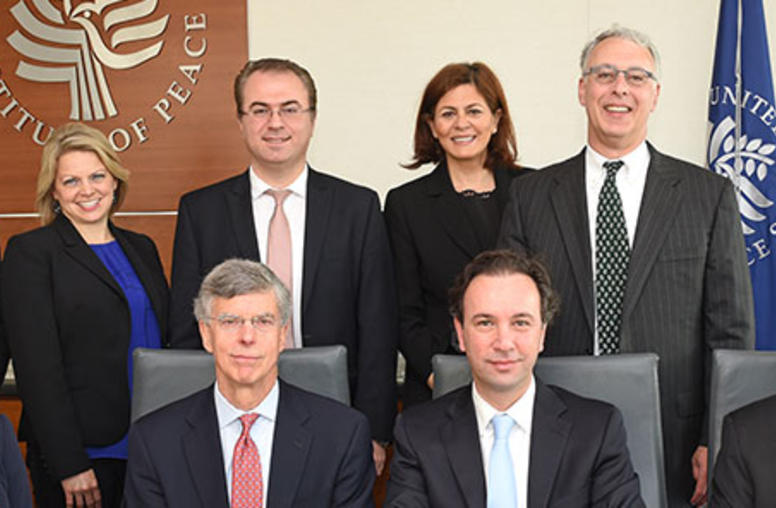
In Syria, Avoid ‘Sudden Collapse’ of Assad Regime, Opposition Leader Says
As the United Nations begins a third attempt in as many years to guide a peace process in Syria’s civil war, the new head of the country’s Western-backed opposition coalition says Syrians should work to avoid any “sudden collapse of the regime in Damascus.” While the government of President Bashar al-Assad appears to be weakening, “the only power that can force the regime to negotiate is Iran,” said the Syrian National Coalition’s president, Khaled Khoja.
Diplomats, Aid Workers Must Take Risks to Reduce Conflict, New U.S. Blueprint Says
America’s new diplomatic and foreign-aid blueprint places top priority on the need to prevent and resolve violent conflict and strengthen governance in an effort to restore a measure of global stability. But to accomplish those objectives, the plan’s authors also stressed that U.S. government agencies, together with Congress, must directly accept and address the inherent risks to the civilian workers who carry out those missions.
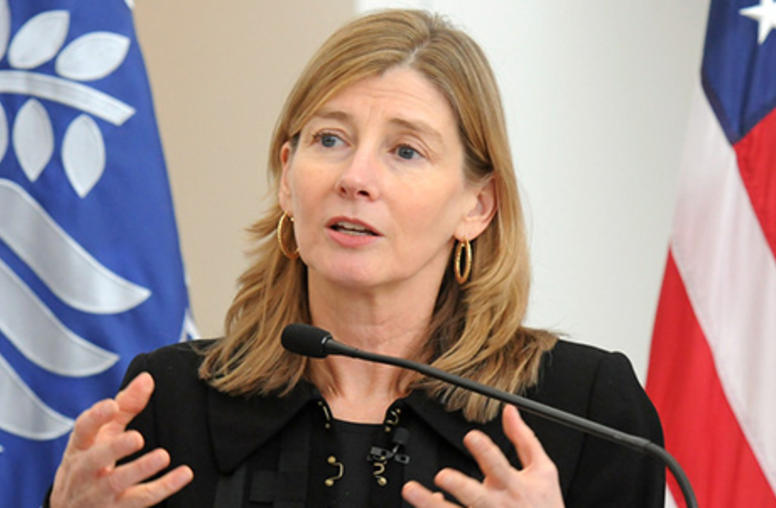
A Rising Challenge: the World’s 'Fragile' States
America’s foreign interests, including its security, increasingly are challenged by the world’s “fragile” states—those in which “governments are weak, ineffective or disconnected from their people,” according to Nancy Lindborg, president of the U.S. Institute of Peace. Across the world, it is in such fragile states that poverty and violent conflict are becoming concentrated, Lindborg said in speeches this month in Texas.
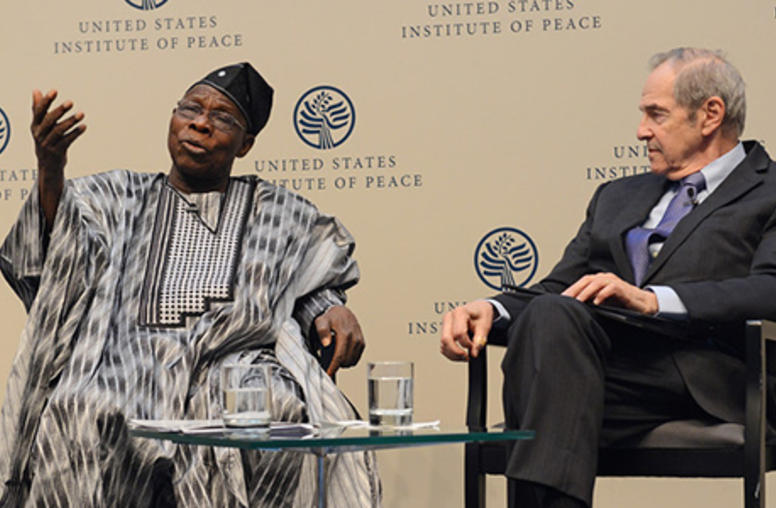
Nigerian Ex-President Obasanjo: Advance Africa’s Democracy with Exit Ramp for Leaders
Former Nigerian President Olusegun Obasanjo, who led his country’s return to civilian democratic government after decades of military rule, said Africa’s traditions of consultation with elders and forms of peer review can promote public accountability and provide a way for controversial leaders who are fearful of giving up power to step down in favor of a future of statesmanship.